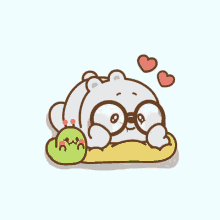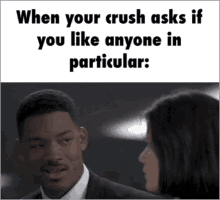Friendships can be hard sometimes, especially when you’re not on the same page. I had a long-distance friend once, who we’ll call “A.” “A” was a close friend I used to see every summer. A and I were pretty close, from sitting on the floor playing subway surfers to soaring through the skies on exhilarating roller coasters at our local amusement park.
But unlike most long-distance relationships/friendships, ours didn’t stand the test of time. The friend that I used to see so often in the summer turned into once-in-a-blue-moon visits. Our calls were non-existent throughout the year, and we would only see how the other one was doing through third-party sources. And like most friendships in life, they faded away like a distant whisper carried away by the wind, leaving behind bittersweet echoes of cherished memories. Even though some friends don’t last forever, there are so many lessons that you can learn from a failed friendship. I’m sure all of you have had a failed friendship before or even a failed relationship in your life, so hopefully, these lessons resonate with you, especially if you’re navigating some internal struggles of your own right now.
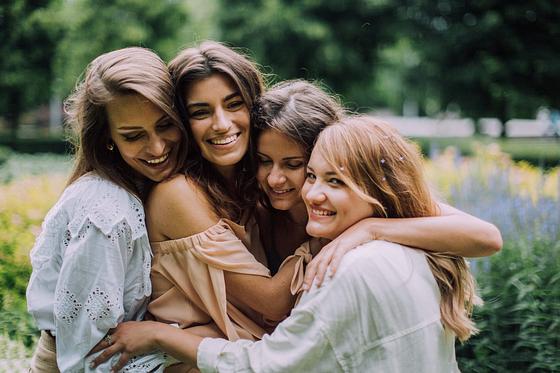
via Pexels
Let us slide into your dms 🥰
Get notified of top trending articles like this one every week! (we won't spam you)Acceptance of Differences
People change, grow and change some more. And that’s okay! In friendships, either you survive and continue to grow along with the person, or your relationship dies because your differences tear you apart, but that doesn’t necessarily make it a bad thing.
Learn to embrace the reality that everyone is unique and has their own perspectives and life journeys. Understand that differences in opinions, lifestyles, or choices can be a natural part of friendships. Just because your friend hates rainbow ice cream and it’s your favorite flavor doesn’t mean you should end your friendship. Respecting and accepting these differences contributes to healthier and more resilient relationships.
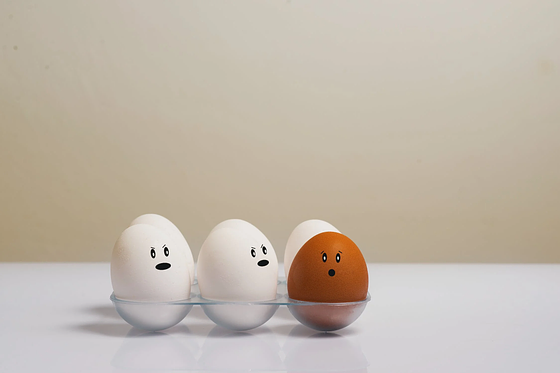
via Pexels
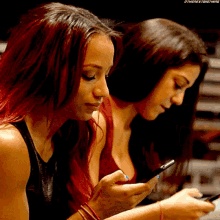
Take the Quiz: What Type of Friend Are You in the Group Chat?
Are you the plan-maker, the official ghoster, or the chaotic energy that keeps things interesting? Let's find out what your messages say about you!
Quality over Quantity
I’m sure this phrase applies to various aspects of our lives and is a constant broken record replaying in our heads repeatedly. Whether you’re doing extracurricular activities for college applications or even if you’re just choosing what type of clothes to buy from which retailer, the phrase “quality over quantity” is very applicable to friendships/relationships when choosing people to hang out with. Imagine yourself as a plant.
If you’re constantly surrounded by parasitic weeds, then you’ll never get the sunshine needed to grow into the person you are today. But, if you surround yourself with a few other good plants, you all get a taste of the sunshine and can grow together to be the best you can be. Focus on the quality of your friendships rather than the quantity. Understand that having a few genuine and supportive friends is more valuable than a large circle of superficial connections. It’s easy to get caught up in mob mentality, especially with social media’s glorification of large friend groups (or staying with your partner because that’s all you ever knew), but social media only provides a glimpse into that person’s life. We don’t know the full extent of everyone’s relationships, and it’s more enjoyable to have a few friends you truly care about than feeling alone despite having hundreds of people around you. Prioritize friendships that bring positivity, trust, and mutual support into your life.
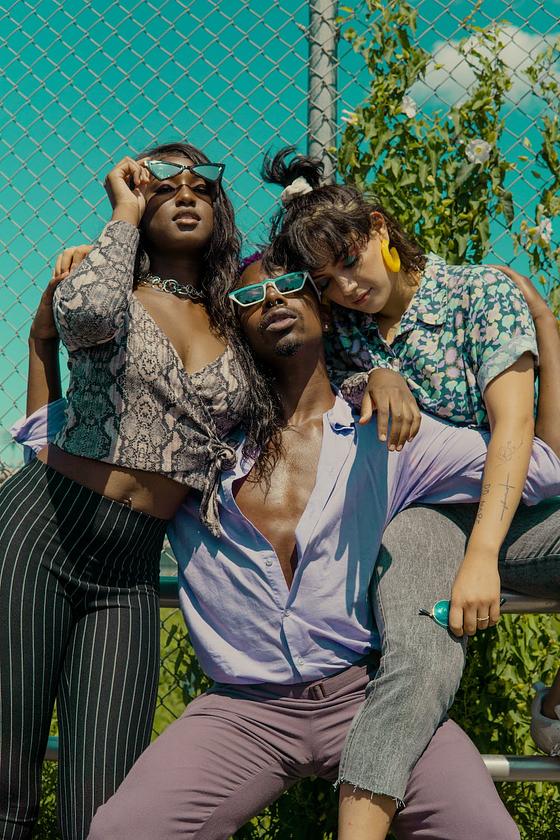
via Pexels
Acceptance and Letting Go
That’s probably one of the hardest things that a person can do for a friendship (or relationship). Going through a breakup, whether that may be platonic or romantic, is awful and deserves an equal amount of attention. Understand that not all friendships are meant to last forever.
Learn to accept that people change, and sometimes friendships drift apart. Letting go of a failed friendship with grace and forgiveness allows you to move forward and make space for new connections. Doing so can help you lead into the next step I’m going to talk about: self-reflection.
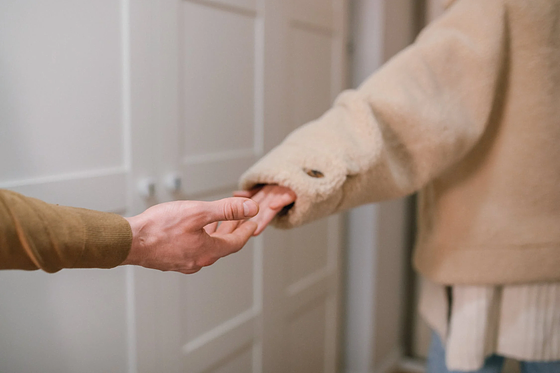
via Pexels
Self-Reflection
It’s not easy to rehash your entire friendship to see what went wrong and where, especially if you drifted apart naturally over time. The majority of us (don’t deny it) have a tendency to shift the blame to the other party about why their friendship failed. On some rare (but also not so rare) occasions, it could be the other party’s fault.
Maybe they slept with your boyfriend, talked behind your back, or betrayed you in some capacity despite being a good friend. But just because that happened to you doesn’t mean it hurts to self-reflect. Even if your self-reflection may look a little different than someone else’s self-reflection, where a friendship ended because both sides were at fault or maybe no one was at fault, and your friendship just faded away, it’s good to look inside yourself and either know what you could do better going forward. Honest self-reflection helps you identify any patterns or areas for personal improvement, fostering self-awareness and growth. One of these areas of improvement could be setting boundaries.
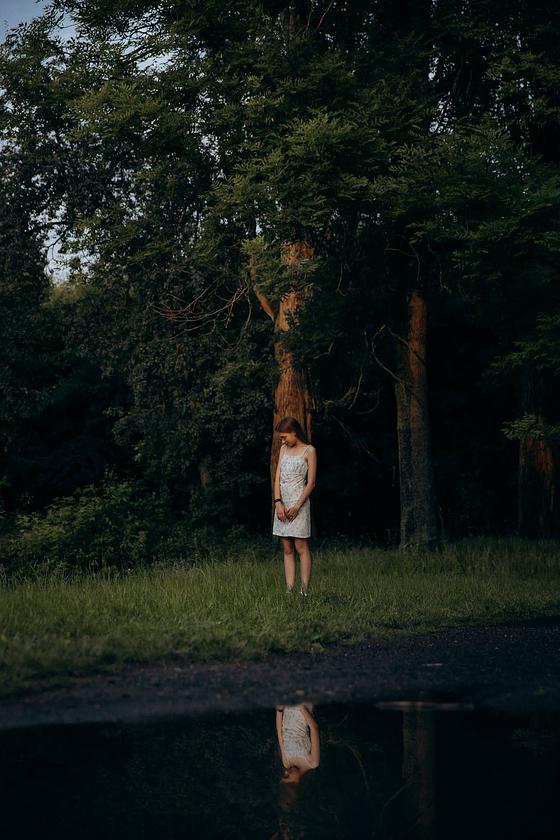
via Pexels
Boundaries and Communication
Boundaries and communication are among the most important things you could have in a relationship/friendship. Reflect on whether you adequately expressed your needs, concerns, or expectations, and consider how you could have communicated more openly and honestly.
If you don’t tell the other person what you want and vice versa, it’s just going to lead to resentment on both sides, which is how most friendships (and relationships) fail. If you’ve suffered from a situation where you feel like your boundaries were crossed, and you had to end a friendship because of that, then going forward, try setting up a system where you both are in a space where you can easily communicate your grievances and figure out a way to solve these issues.
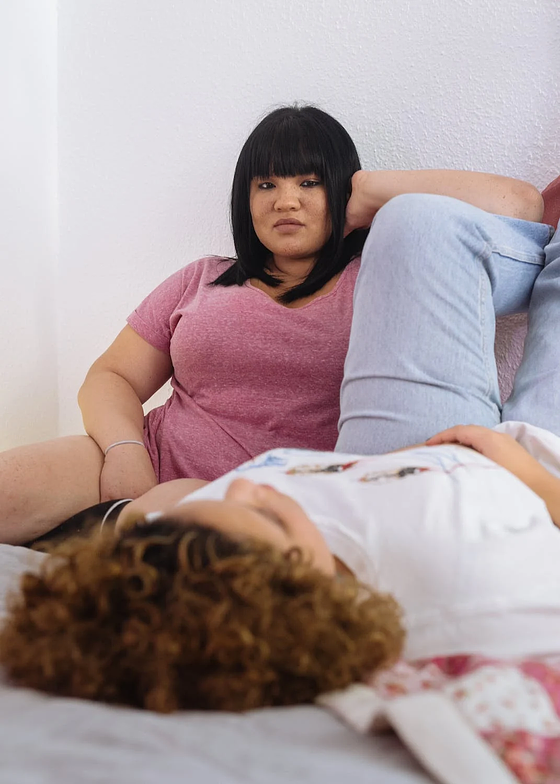
via Pexels
Red Flags
Most of you have seen the jokes on TikTok ignoring red flags because “My favorite color is red anyways,” or “Red is the new green flag,” or “I’m colorblind,” but, in an actual situation, you need to recognize red flags from the start. That’s not always easy when you really love that person, and you don’t want to let them go, but sometimes like the J.Cole song, some people don’t want to be saved, so don’t save them. That simple overstepping your boundaries or talking behind your back in a negative light can snowball into something so much larger than yourselves and harm yourself and, in some extreme cases, harm the people around you.
So next time, pay attention to red flags or signs of toxic behavior in friendships. Reflect on any warning signs you may have overlooked or dismissed. Learning to recognize and address unhealthy dynamics helps you cultivate healthier and more fulfilling friendships in the future.
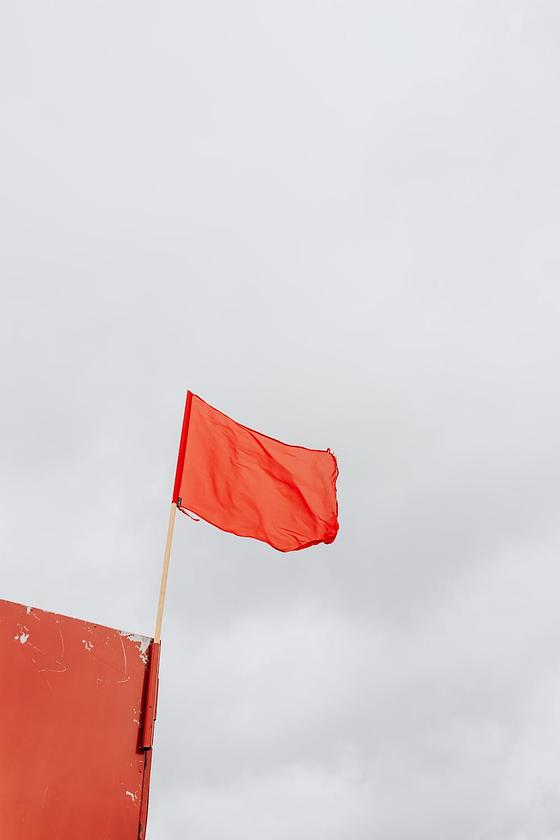
via Pexels
Compassion
Now this life lesson is pretty subjective on the situation. Some dead friendships don’t deserve compassion, and that may sound harsh, but it’s true. Don’t always feel compelled to feel bad if you’re in a situation where your loved one truly hurt you with malicious intent without any remorse.
However, do feel compassion for the friendships that died for other reasons. Sometimes people do things they regret because they’re going through a complex situation. Now, that’s not an excuse to harm your friends or to tolerate disrespect from your friends. But learn how to cultivate empathy and compassion towards yourself and others involved in the failed friendship. Recognizing that people have their own struggles and complexities and understanding their perspectives can foster healing and growth. Someone else could also be silently hurting, like a mutual friend or if you’re part of a trio or group. Extending that listening ear and mourning together can help you feel better sometimes because you both share a common issue.

via Pexels
Emotional Resilience
Failed friendships can teach you to develop emotional resilience. Embrace the lessons learned, process your emotions, and use the experience to strengthen your emotional well-being. Resilience allows you to bounce back from setbacks and build healthier connections in the future. Don’t let one bad experience (or a few) stop you from building yourself back up and continuing to move on.
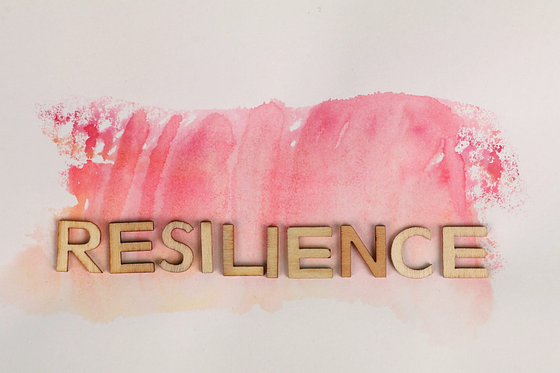
via Pexels
Gratitude for Positive Experiences
Despite the failed friendship, acknowledge and appreciate the positive experiences, memories, and lessons gained from that relationship. Gratitude allows you to move forward with a sense of appreciation for the meaningful moments shared.
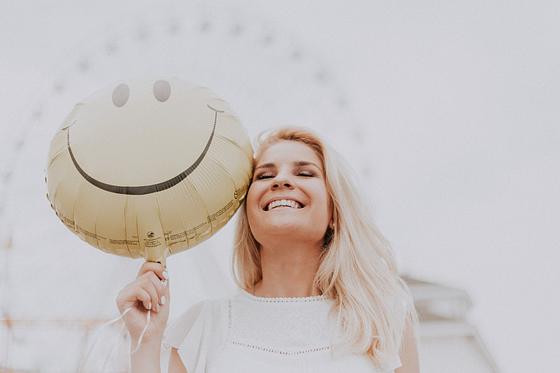
via Pexels
While the pain and disappointment may be undeniable, the lessons learned from these failed friendships are invaluable. Sometimes, you have to go through a few bad eggs to find the golden one that’s right for you. People come and go, but there are things that you can gain from that person that serve you for the rest of your life. If you have any stories or life lessons about your failed friendship/relationship, please don’t be afraid to talk about them in the comments (This is a safe space)!




